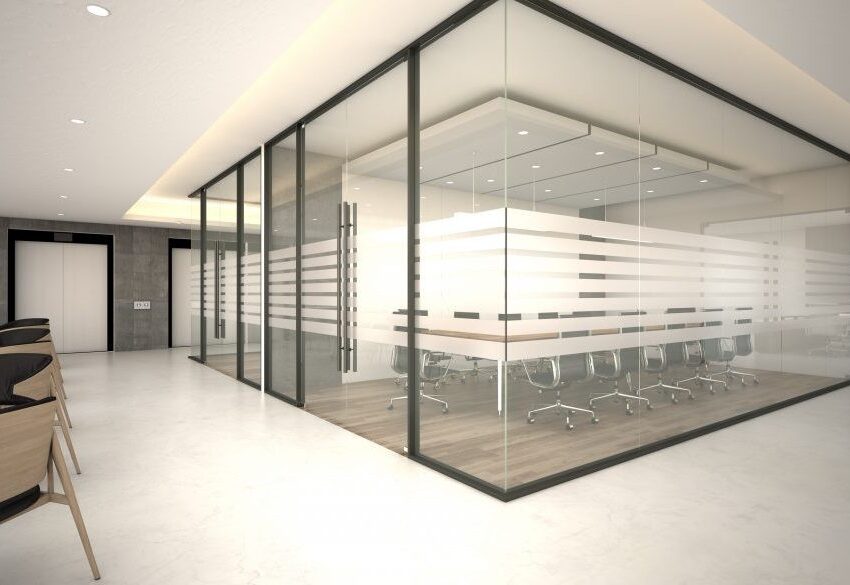Navigating the world of firearms can become complex when you delve into federal regulations, and understanding Federal Firearms Licenses (FFLs) is paramount for anyone involved in the purchase, sale, or creation of firearms. The Bureau of Alcohol, Tobacco, Firearms and Explosives (ATF) issues different types of FFLs, each with specific purposes and privileges. This article will break down the key differences between the most common: Dealer, Manufacturer, and Collector licenses.
Dealer FFL: The Retailer’s Pass
The most common FFL is the Dealer’s license, typically a Type 01 or Type 02. This license allows individuals or businesses to engage in the business of buying and selling firearms. Type 01 FFLs permit the sale of firearms other than destructive devices, while Type 02 specifically enables the pawning of firearms. These licenses are often the gateway for retail gun shops, online firearm sellers, and individuals who frequently sell firearms for profit. A key benefit is the ability to purchase firearms at wholesale prices from manufacturers and distributors, a significant advantage for anyone looking to run a firearms business. However, those holding this license are required to maintain detailed records of all transactions and conduct background checks as mandated by law. Choosing the right ffl license types is essential here.
Manufacturer FFL: The Creator’s Authority
A Manufacturer’s FFL, generally a Type 07, grants the holder the ability to manufacture and assemble firearms for sale or distribution. This license allows for the creation of new firearms from raw materials, unlike the Dealer’s license, which is restricted to buying and selling existing firearms. This type of license is essential for individuals or businesses that intend to produce their own designs or customize existing firearms on a commercial scale. Along with the ability to manufacture, Type 07 holders also have the same abilities as a Type 01 Dealer, such as buying and selling from other manufacturers and distributors. Similar to Type 01 licensees, they must adhere to stringent record-keeping and compliance rules.
Collector FFL: The Curator’s Privilege
The Collector’s FFL, known as a Type 03, is significantly different from the Dealer or Manufacturer licenses. This license allows individuals to collect firearms of historical or collectible interest, but does not permit any business activity such as buying or selling for profit. Collectors can only acquire and possess firearms that meet specific criteria – they must be considered curios or relics (C&R) by the ATF. The advantage of a C&R FFL is that it allows collectors to purchase eligible firearms across state lines, which can sometimes be convenient, without having to go through a regular licensed dealer. It’s important to note that acquiring firearms through a C&R FFL cannot be used for the purpose of later resale and that there is no advantage that can be used by “a business” for collecting firearms.
Choosing the Right License
The appropriate FFL type depends on your specific needs and goals. If your primary aim is to engage in the buying and selling of firearms, a Dealer’s license is the necessary step. For those interested in designing and creating their own firearms, a Manufacturer’s license is more suitable. Conversely, if your interest lies solely in collecting historically significant firearms, a Collector’s license is the appropriate choice. Understanding the nuances of each FFL type is crucial for compliance and for maximizing your engagement with the world of firearms. It’s always best to consult with legal experts for any advice that pertains to you directly.









